Freedom Flare Up


2024 National Scholastic Press Association Digital Story of the Year: Photo Slideshow (with Jaya Alenghat, Mia Lipson, Nathan Li, Olin Nafziger, Eli Raikhel, Grace LaBelle, Ryan Burke-Stevenson, Ellis Calleri, Bryce Light) — Top 10 Finalist (result announced Nov. 9, 2024)
2024 Illinois All-State Journalism Team2024 Illinois Journalism Education Association: First place, sports news story, 7 seniors commit to play college athletics in community event
2024 Illinois Journalism Education Association: First place, photo gallery or slideshow (with Chloë Alexander, Skye Freeman), ArtsFest activities reflect students spirit, creativity
2024 Illinois Journalism Education Association: Second place, personality profile, Juggling Act: Senior works to explore passions with numerous roles in upcoming fall play
2024 Illinois Journalism Education Association: Second place, photo gallery or slideshow (with Mia Lipson, Alex Diamond, Bryce Light, Olin Nafziger, Eli Raikhel), U-High celebrates community spirit in annual Homecoming assembly 2023 Illinois Journalism Education Association: Third place, news (with Mia Lipson, Téa Tamburo), With powerful testimonials of discrimination, groups call for action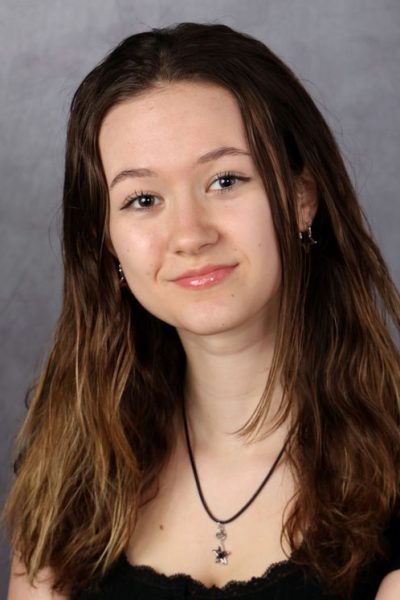
2024 Illinois Journalism Education Association: First place, review, Live-action anime series, ‘One Piece,’ exceeds expectations
2024 Illinois Journalism Education Association: Second place, review, ‘The Ballad of Songbirds and Snakes’ brings strong acting, flawed storytelling 2023 Journalism Education Association National Student Media Contests, Boston convention: Excellent, review writing 2023 Journalism Education Association National Student Media Contests, San Francisco convention: Honorable mention, press law and ethics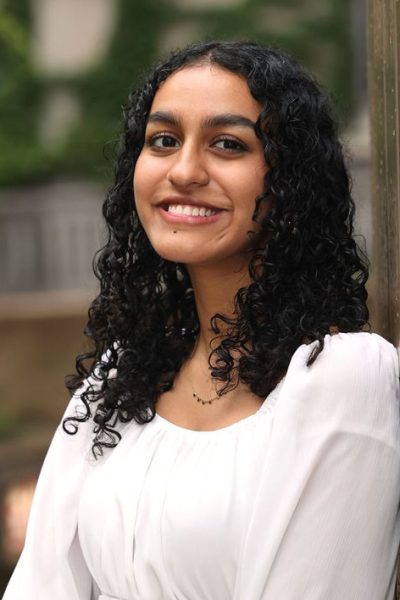
2024 Illinois Journalism Education Association: First place, alternative storytelling (with Audrey Park, Katie Sasamoto-Kurisu)
2024 Illinois Journalism Education Association: First place, photo story (with Zara Siddique)2024 Illinois Journalism Education Association: Honorable mention, serious commentary, Mindy Kaling’s depiction of Indian women isn’t a step forward
2024 Illinois Journalism Education Association: Third place, feature story, Fragrance fanatics: trend sparks student interest in cologne
2024 Scholastic Press Association of Chicago, special coverage: (with Audrey Park and Clare McRoberts) superior 2024 Columbia Scholastic Press Association Gold Circle Award: First place, personal opinion: on-campus issues, "New auditorium name at odds with values" 2024 Columbia Scholastic Press Association Gold Circle Award: Second place (with Zara Siddique), photo layout: full page (Page 3) 2024 Columbia Scholastic Press Association Gold Circle Award: Certificate of merit, news feature, “Dazzling drag city” 2023 Journalism Education Association National Student Media Contests, San Francisco convention: Honorable mention, online package2023 Illinois Journalism Education Association: First place, serious commentary, New auditorium name at odds with values
2023 Illinois Journalism Education Association: First place, audio journalism (with Téa Tamburo), Audio: The beat boys — Club provides opportunity for music exploration, socialization2023 Illinois Journalism Education Association: Second place, staff editorial, Step up to support peers’ mental health
2022 Columbia Scholastic Press Association Gold Circle Award: Cultural feature, certificate of merit, "‘Bridgerton’ effectively represents Indian culture" 2022 Journalism Education Association National Student Media Contests, St. Louis convention: Honorable mention, feature writing 2020 National Scholastic Press Association Fall Best of Show: Sixth Place, Election Reporting (contributor), “As trailblazer for multiple identities, Harris inspires students”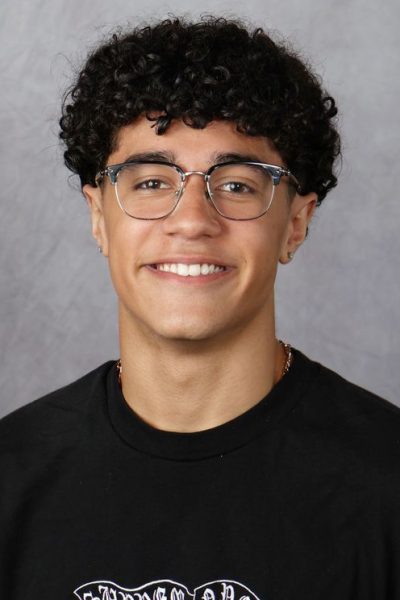
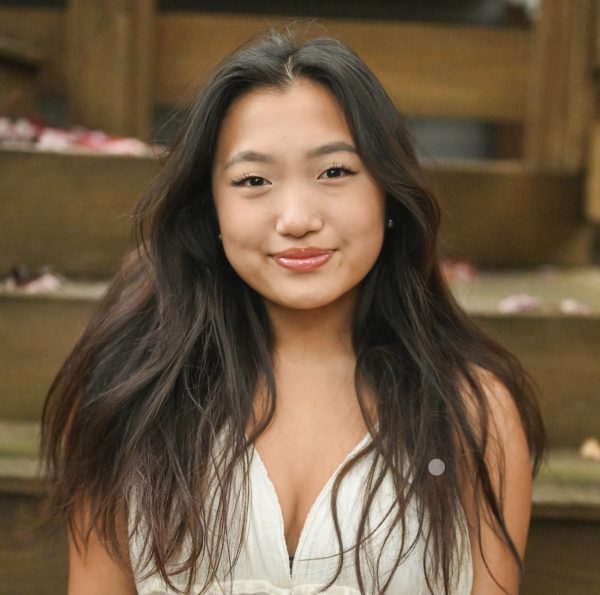
2024 National Scholastic Press Association Design of the Year: Newspaper Page/Spread — Top 10 Finalist (result announced Nov. 9, 2024)
2024 Illinois Journalism Education Association: First place, in-depth news, Students use Zyn nicotine products, despite discouragement
2024 Illinois Journalism Education Association: First place, alternative storytelling (with Katie Sasamoto-Kurisu, Sahana Unni)2024 Illinois Journalism Education Association: First place, centerspread story package, in-depth: Freedom Flare-up
2024 Illinois Journalism Education Association: Second place, feature, Hiding honky-tonk
2024 Illinois Journalism Education Association: Second place, single-page story package (with Chloë Alexander, Mia Lipson, Haley Maharry), Arts: Hiding honky-tonk
2024 Illinois Journalism Education Association: Second place, centerspread story package, in-depth: Affirmative Apprehension 2024 Scholastic Press Association of Chicago, special coverage: (with Clare McRoberts and Sahana Unni) superior 2024 Scholastic Press Association of Chicago, general feature Story: excellent 2024 Columbia Scholastic Press Association Gold Circle Award: First place, sidebar writing, “Affirmative Apprehension — Expert input: Law professor explains case” 2023 Illinois All-State Journalism Team 2023 Journalism Education Association National Student Media Contests, San Francisco convention: Honorable mention, online package2023 Illinois Journalism Education Association: Second place, in-depth news, Leaving Lab: Black students say school environment is unwelcoming
2023 Scholastic Press Association of Chicago, news story: excellent 2022 Journalism Education Association National Student Media Contests, St. Louis convention: Honorable mention, editorial writing 2022 Columbia Scholastic Press Association Gold Circle Award: First place, sidebar writing, “Misinformation solutions rely on regulation, media literacy”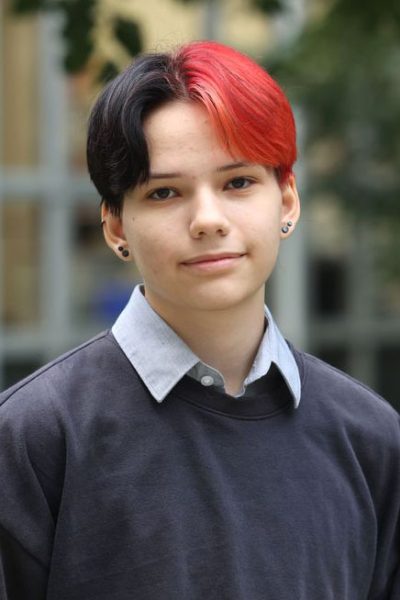







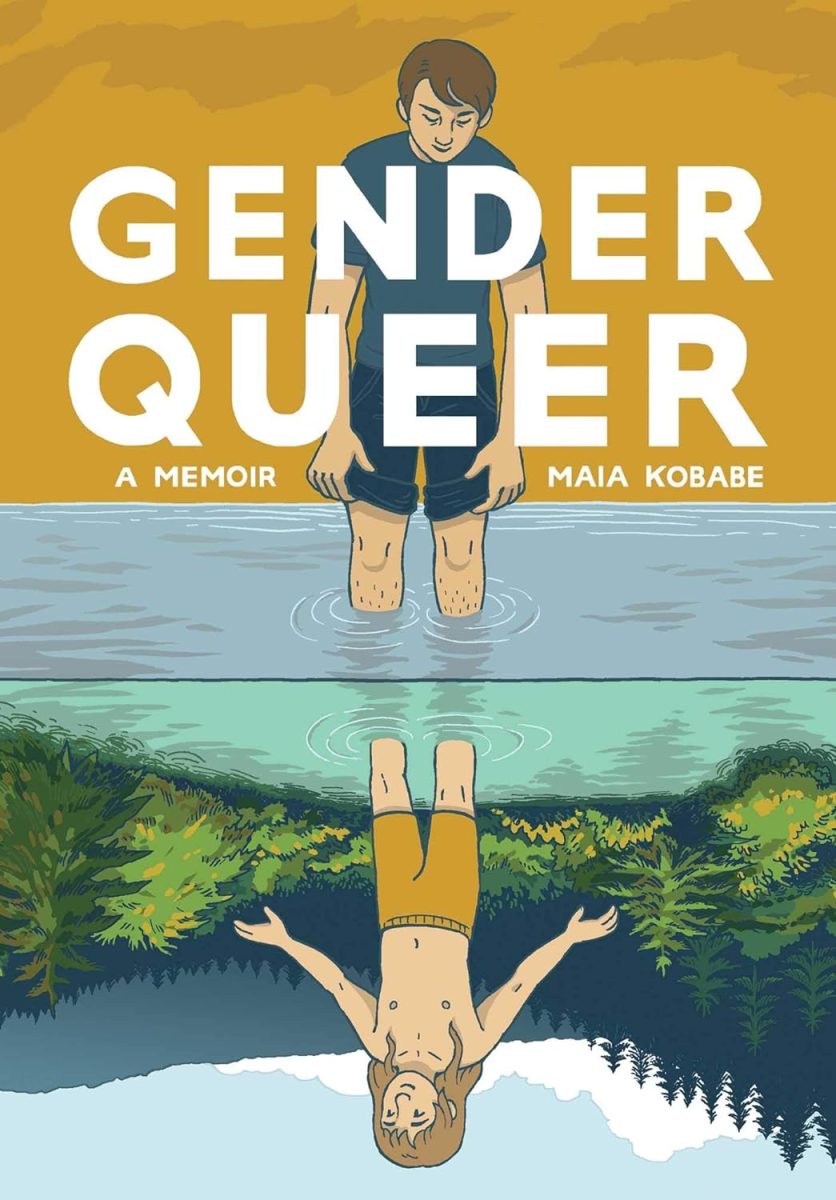
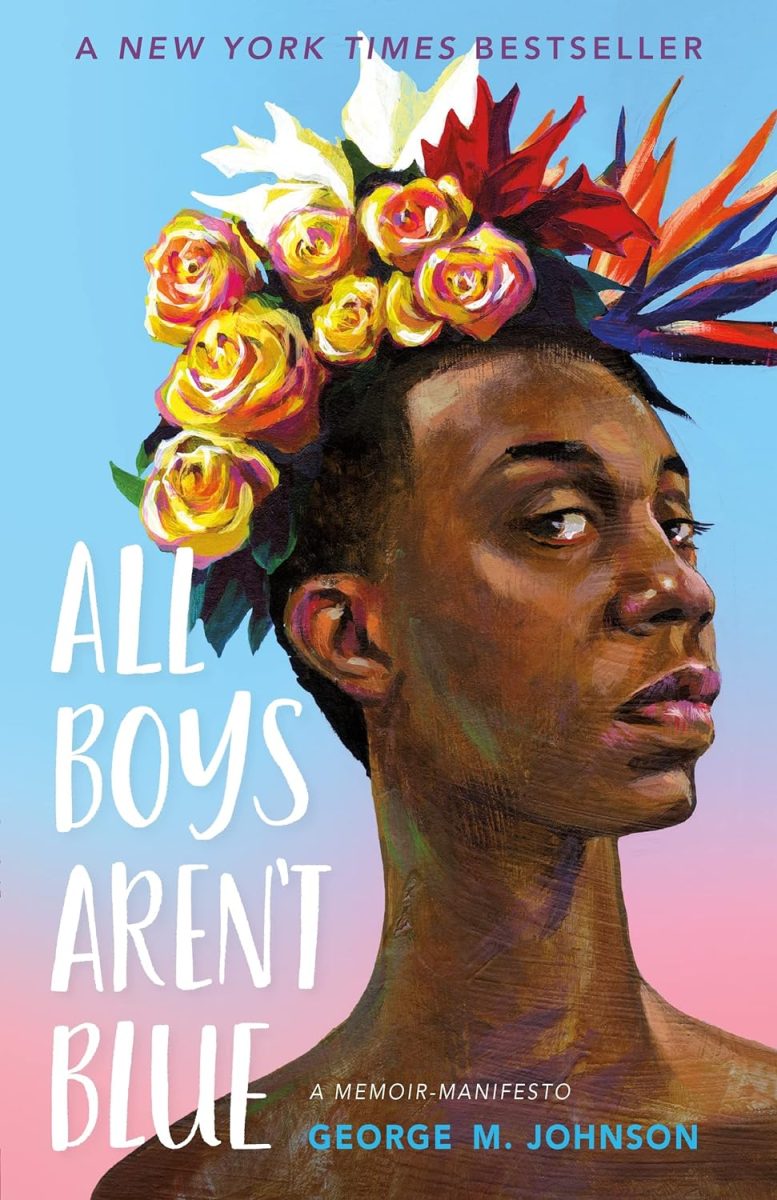
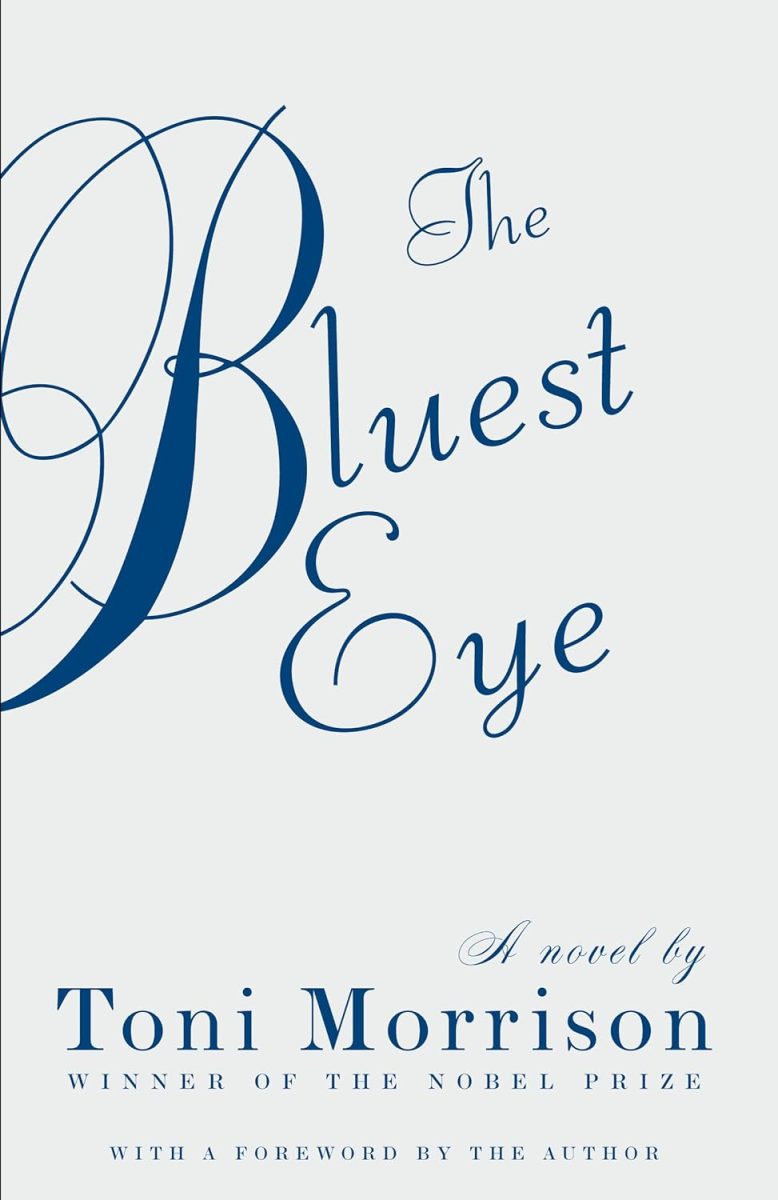
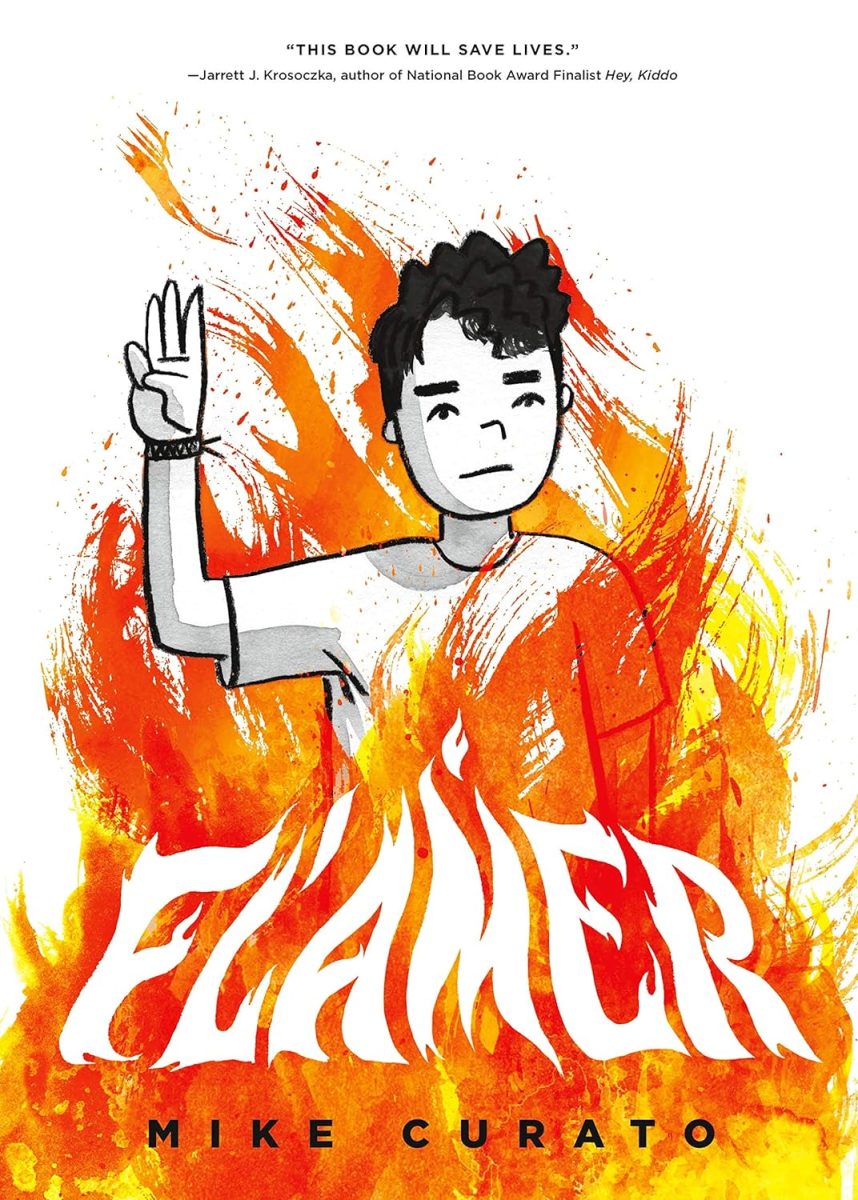
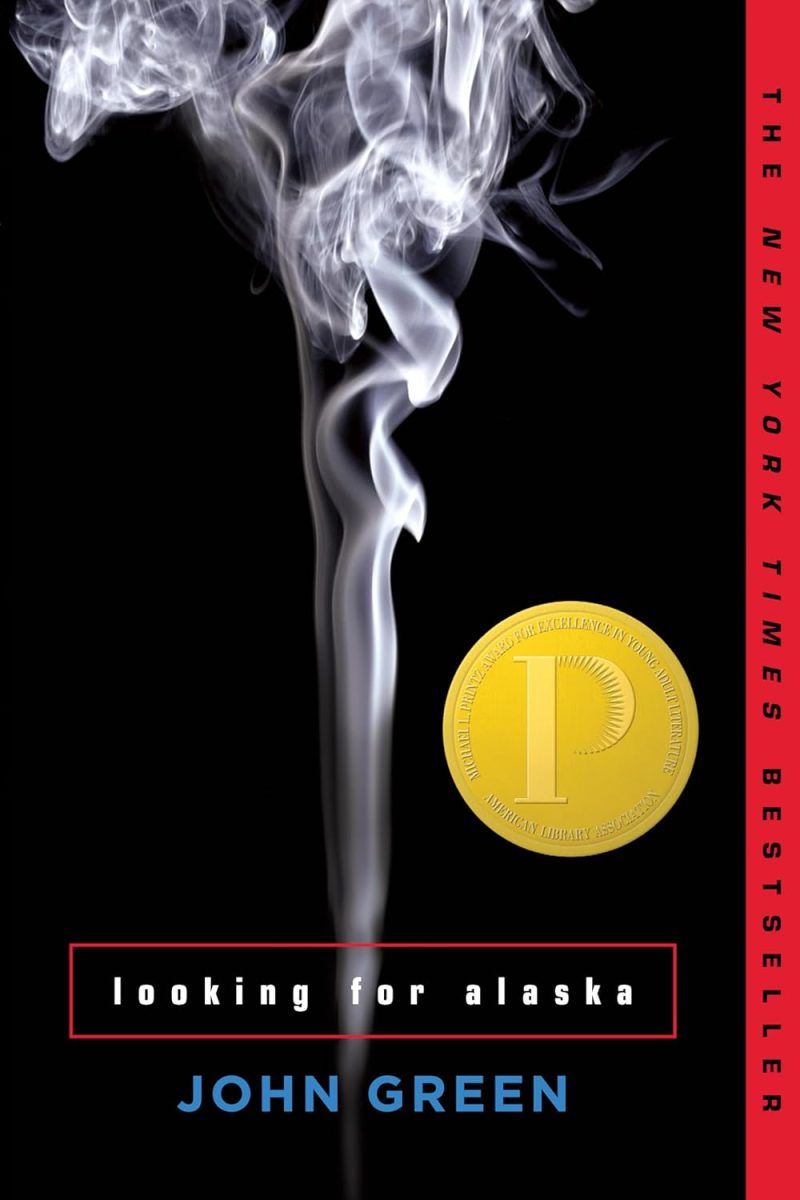
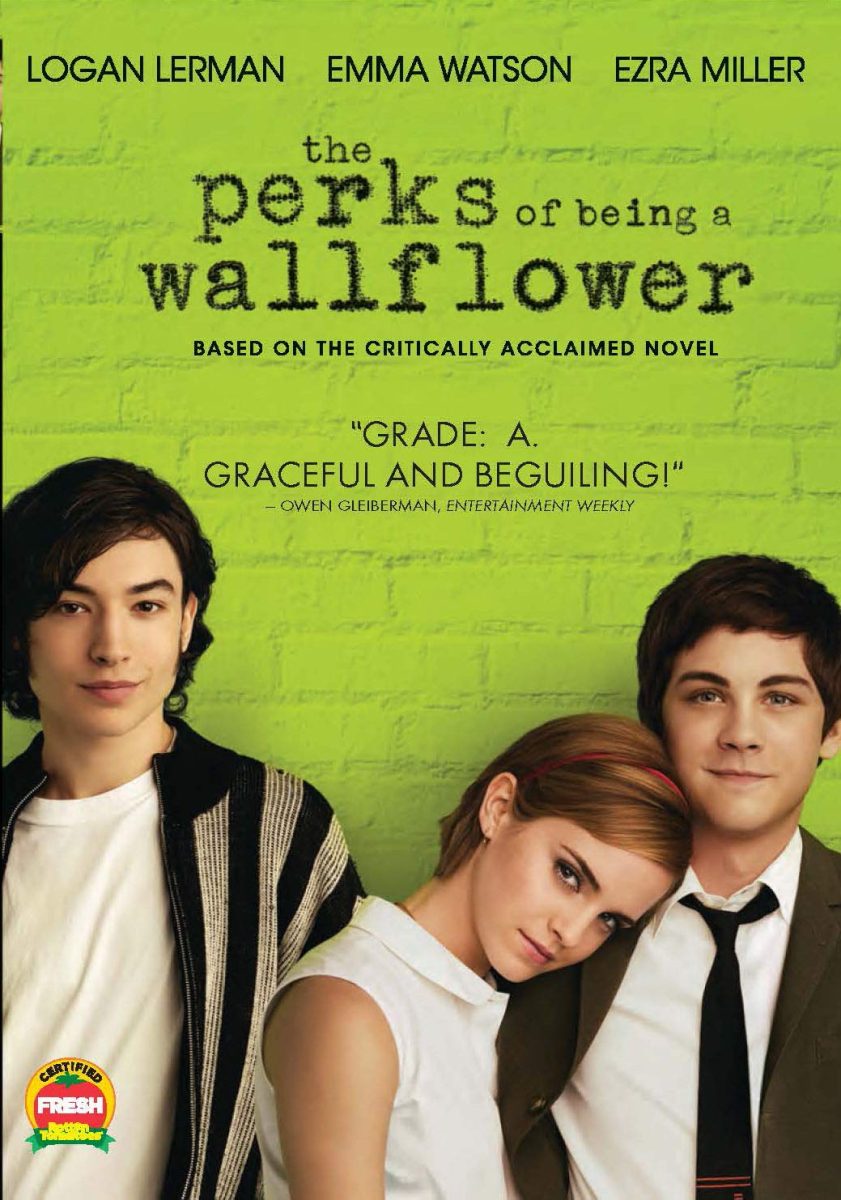
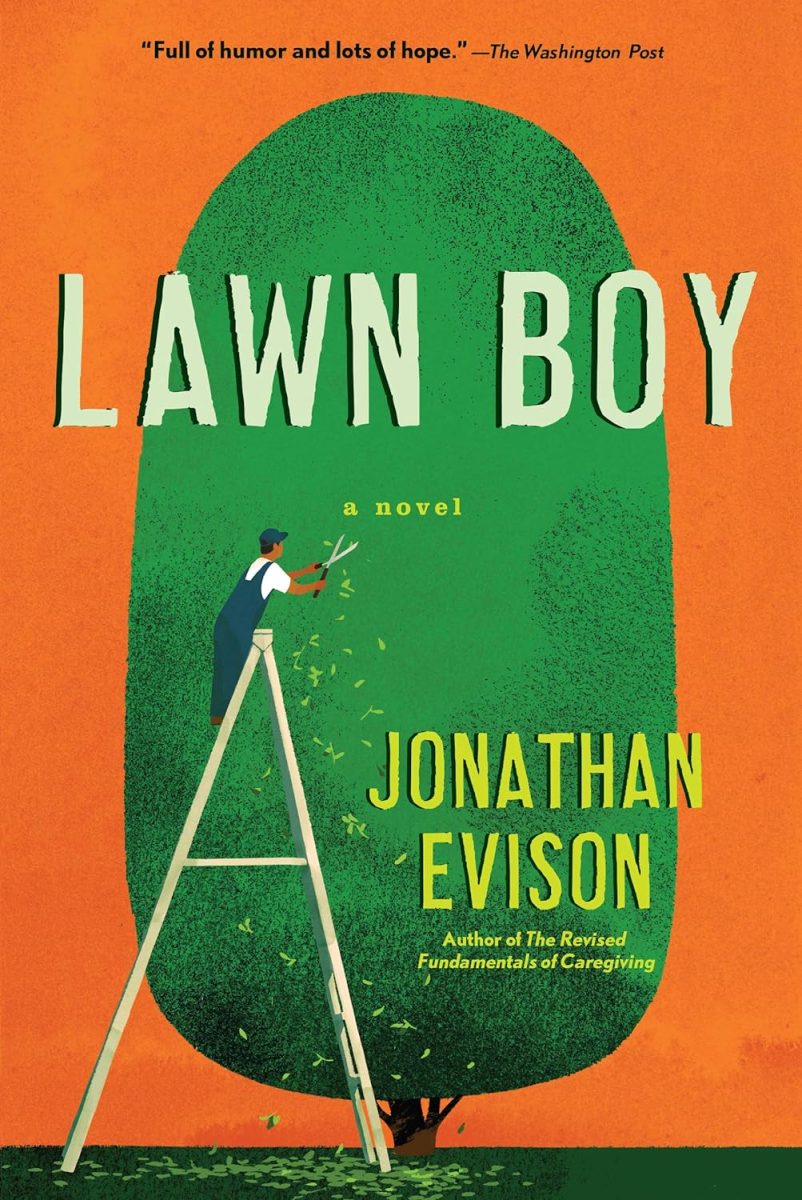
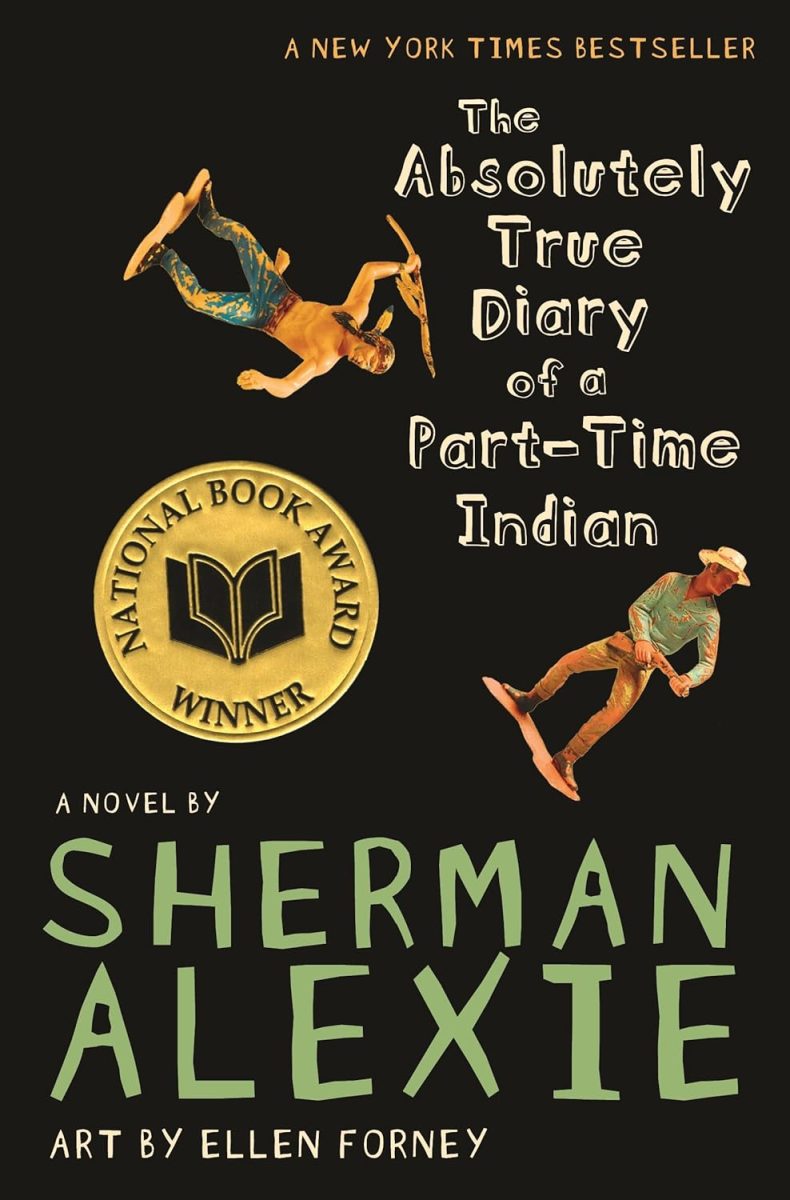
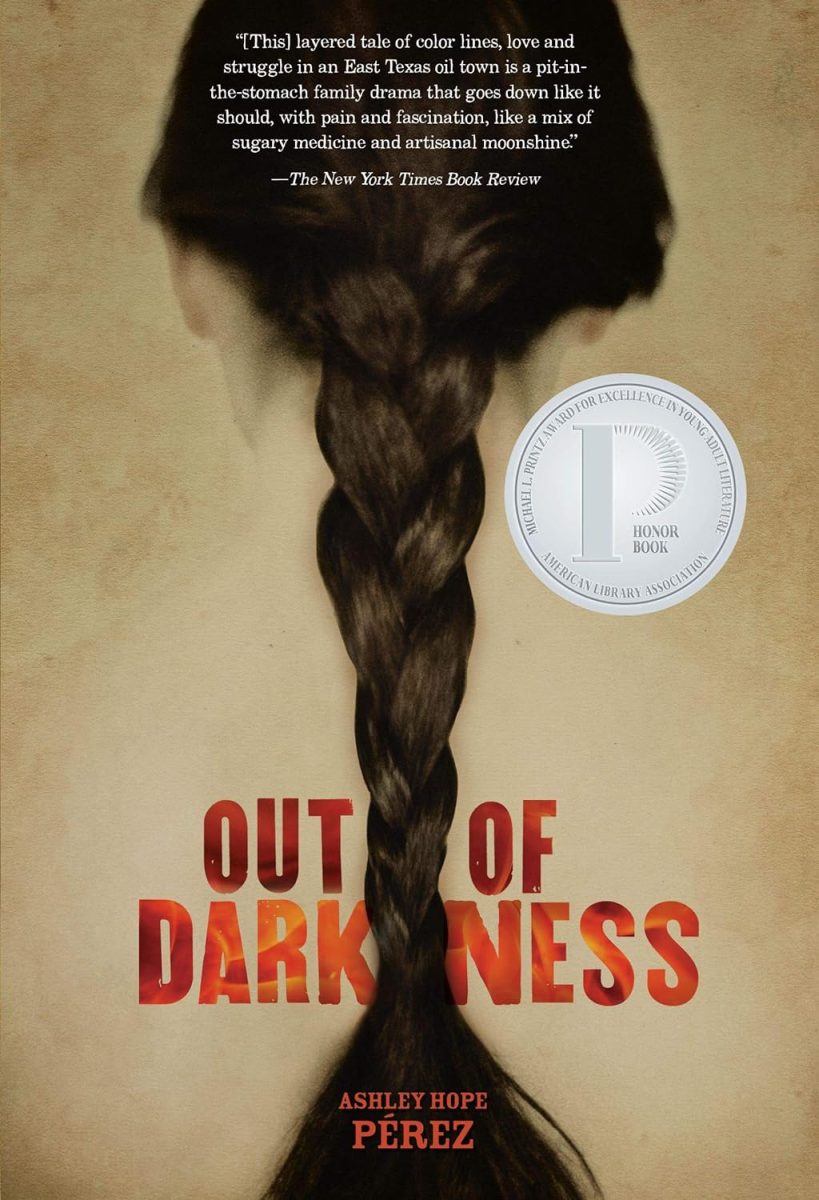
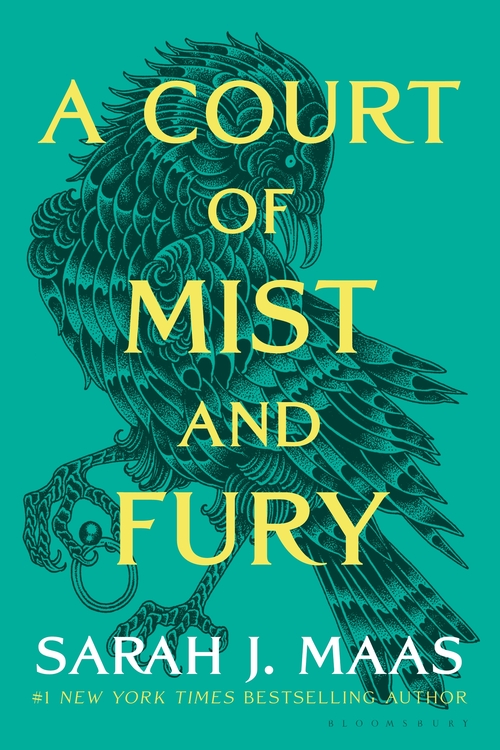

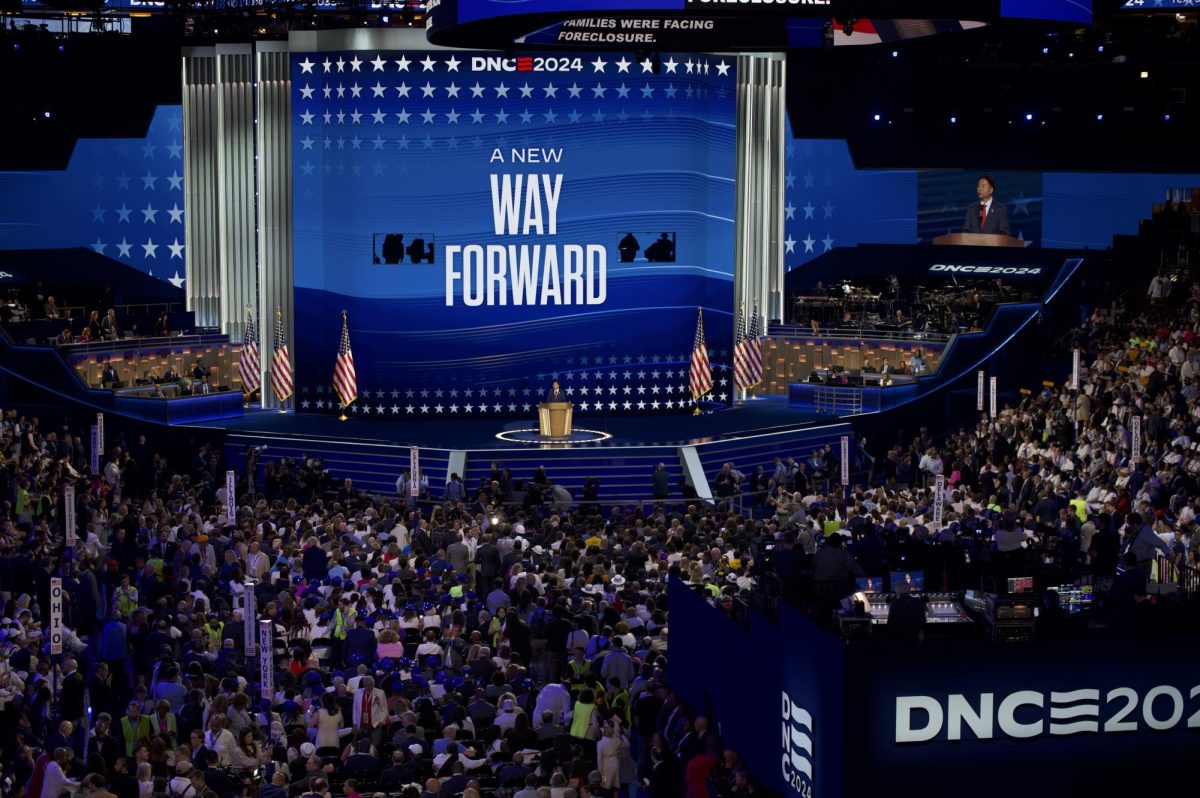
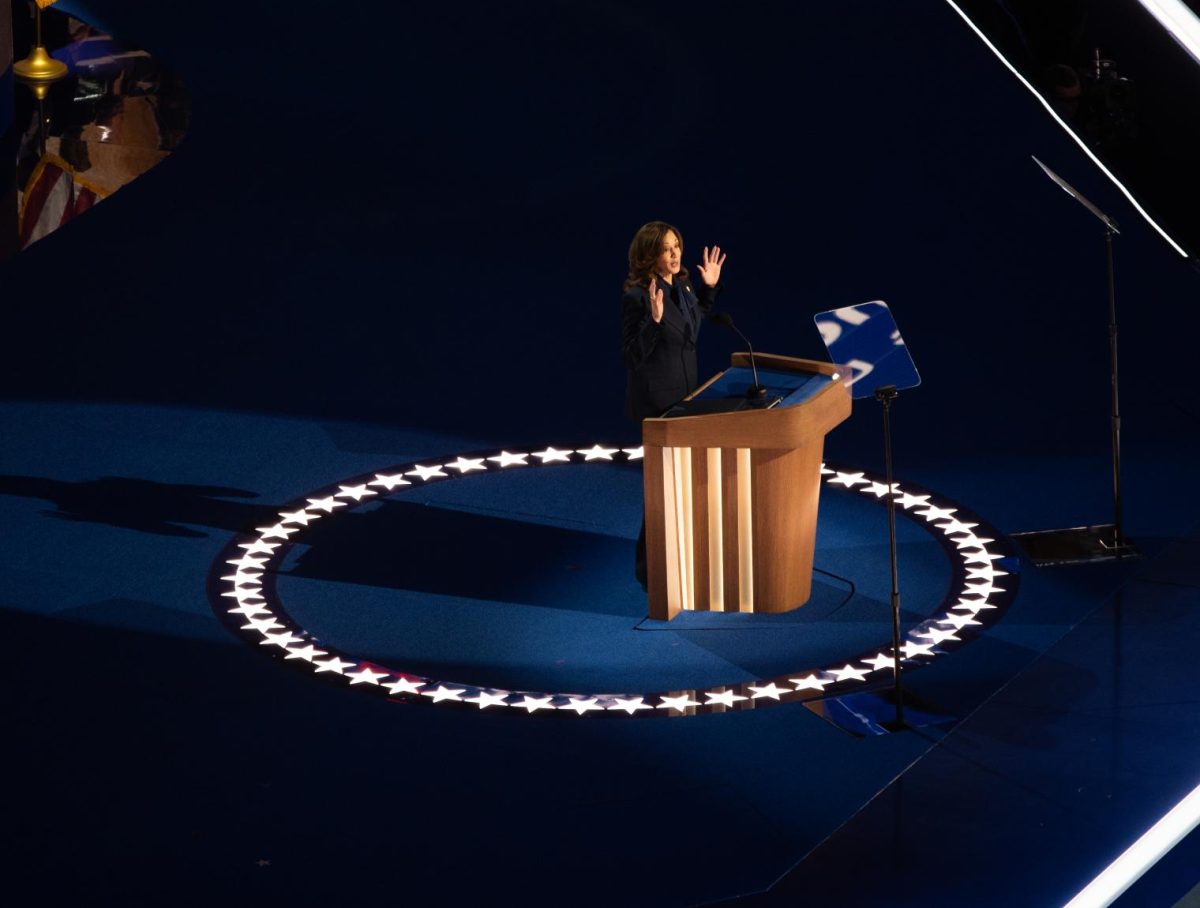
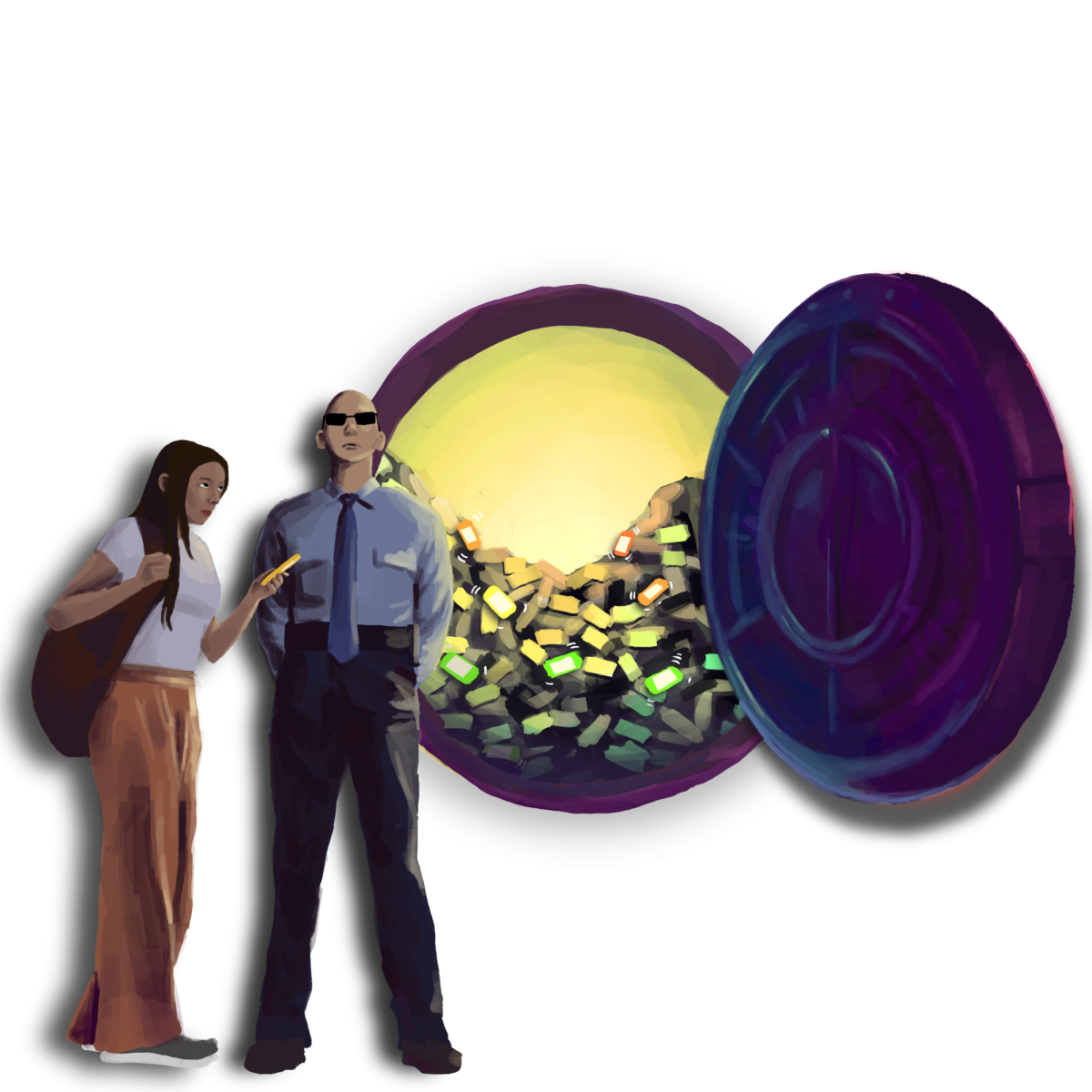
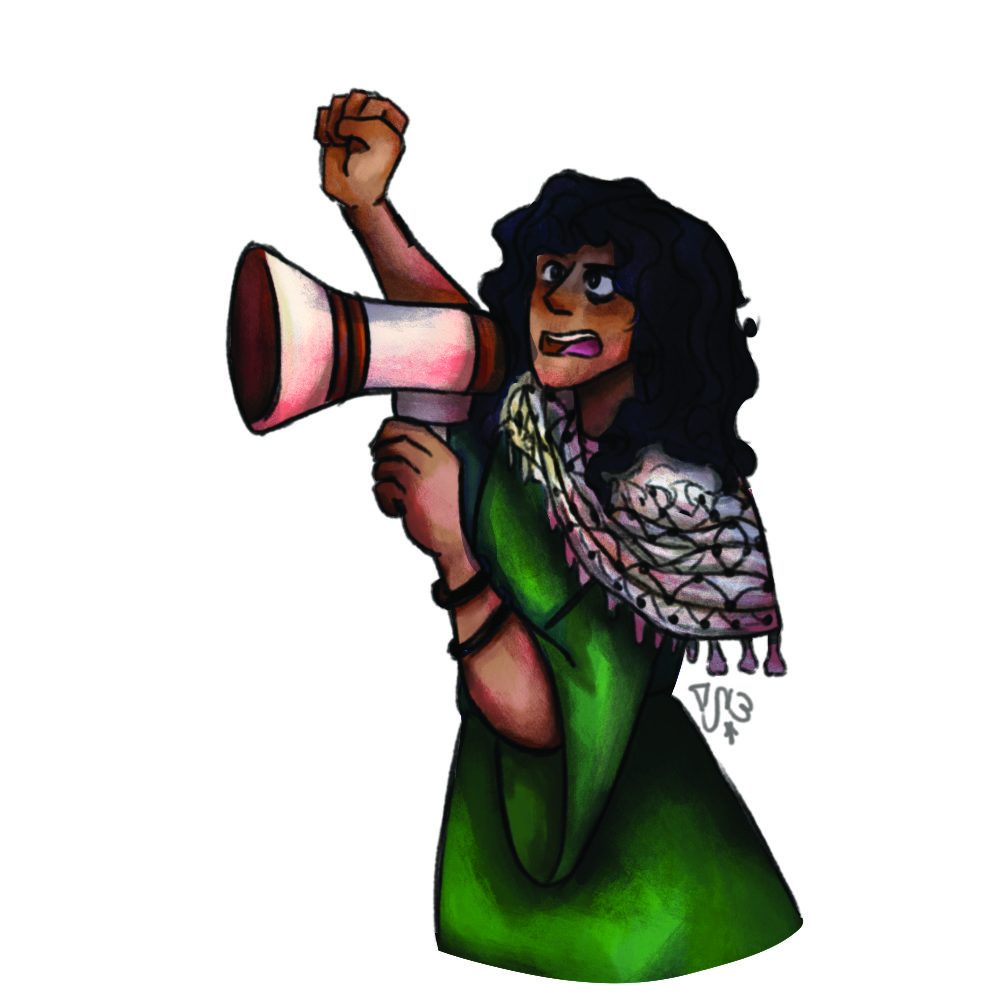
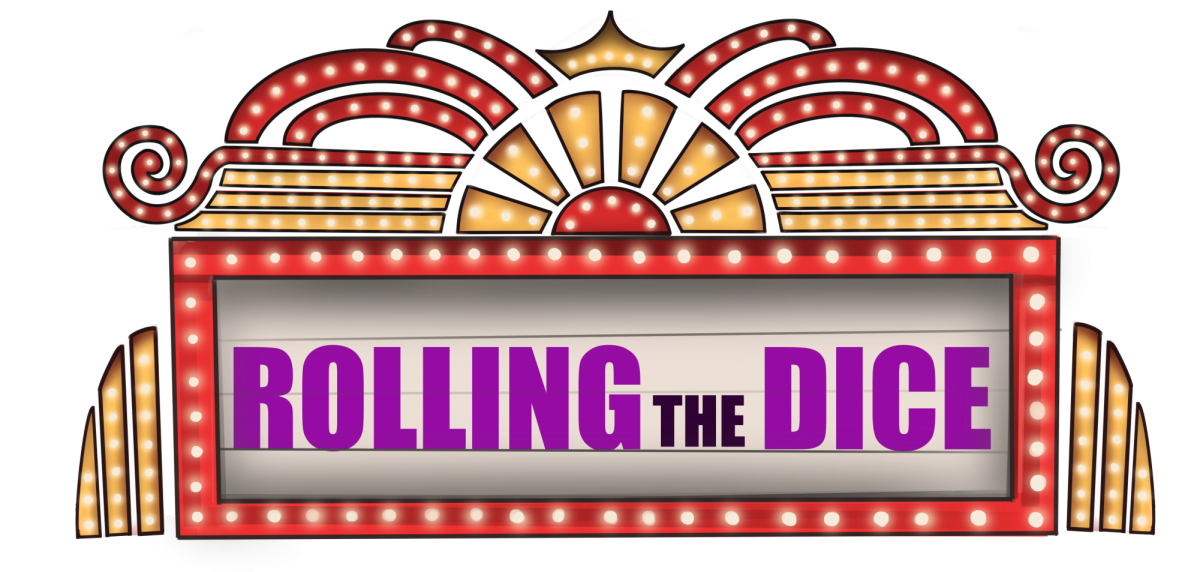

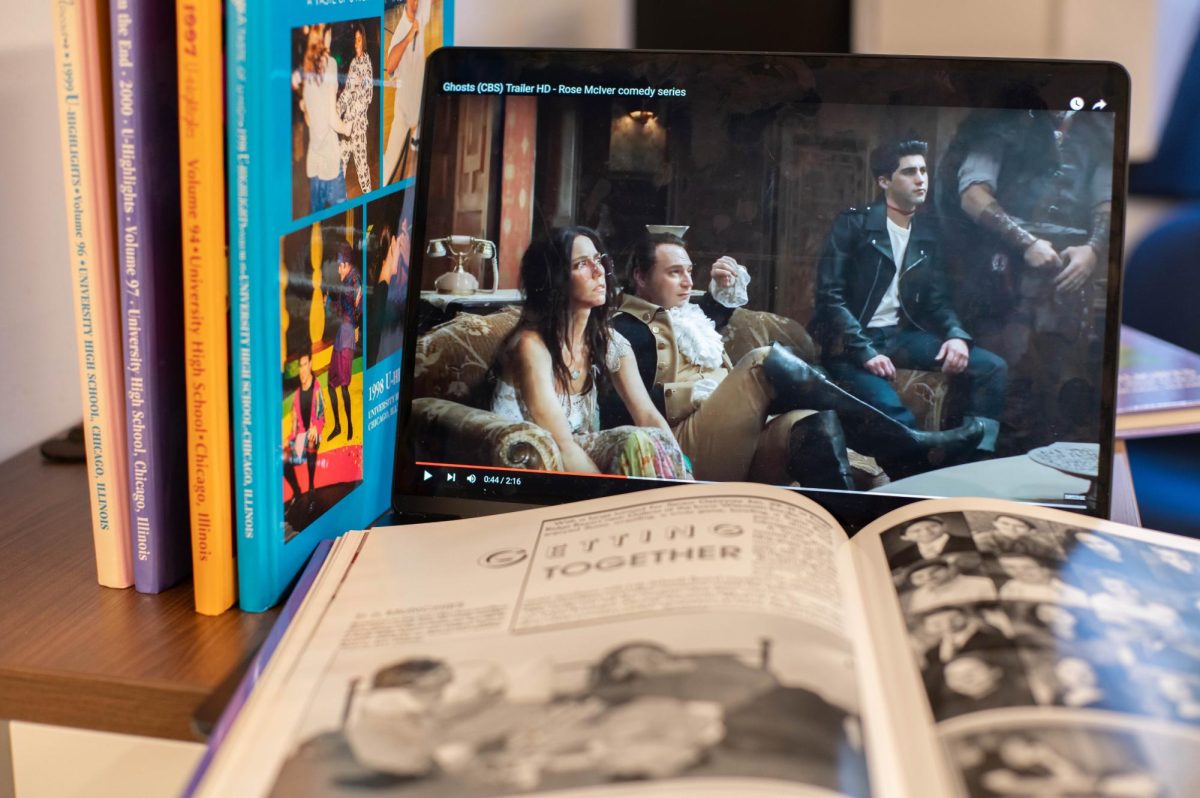

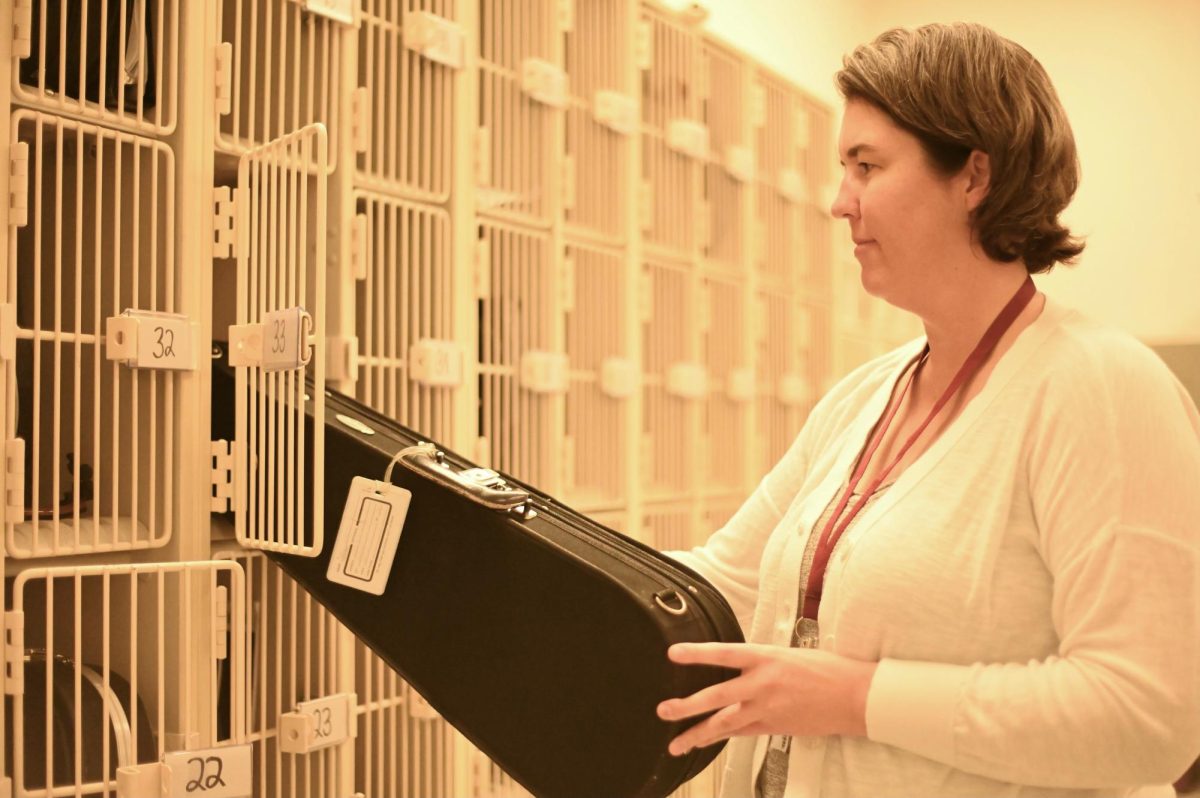
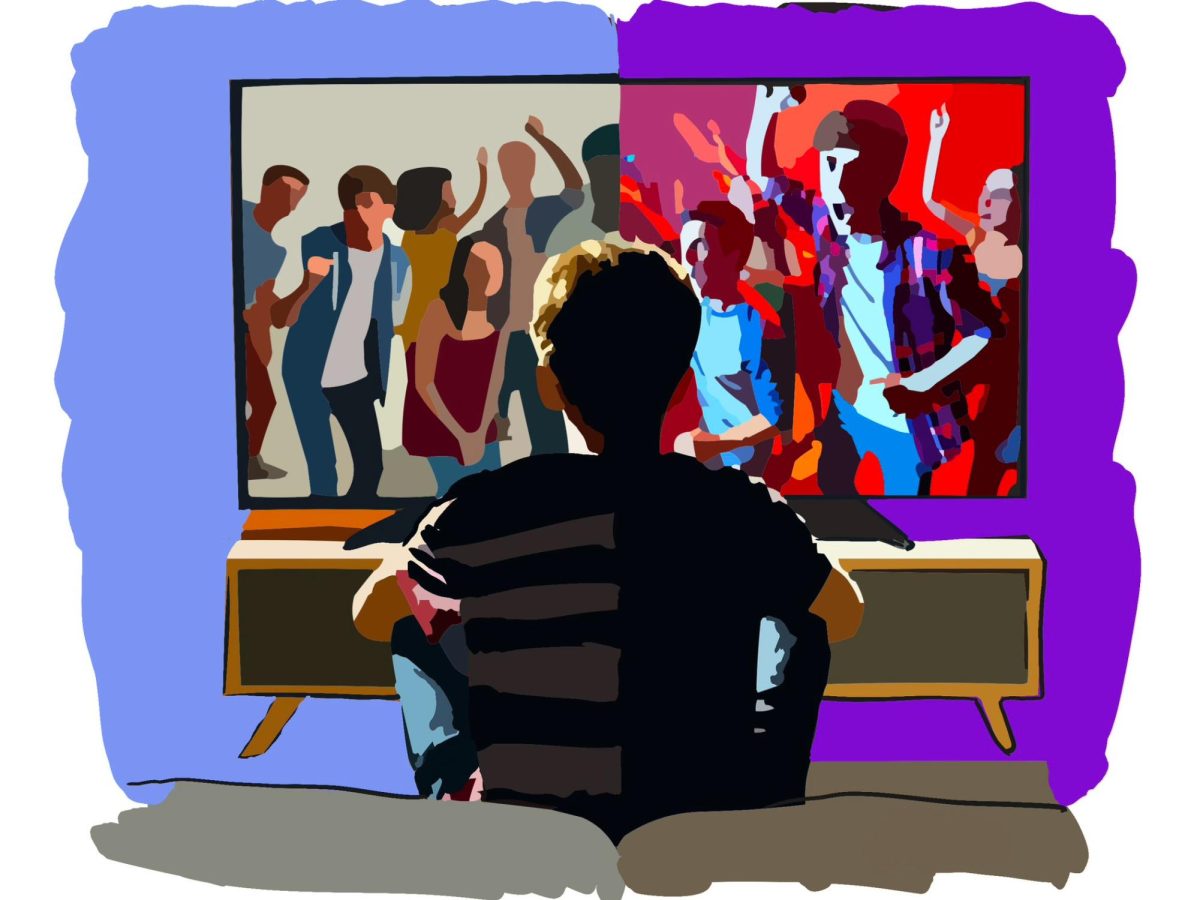
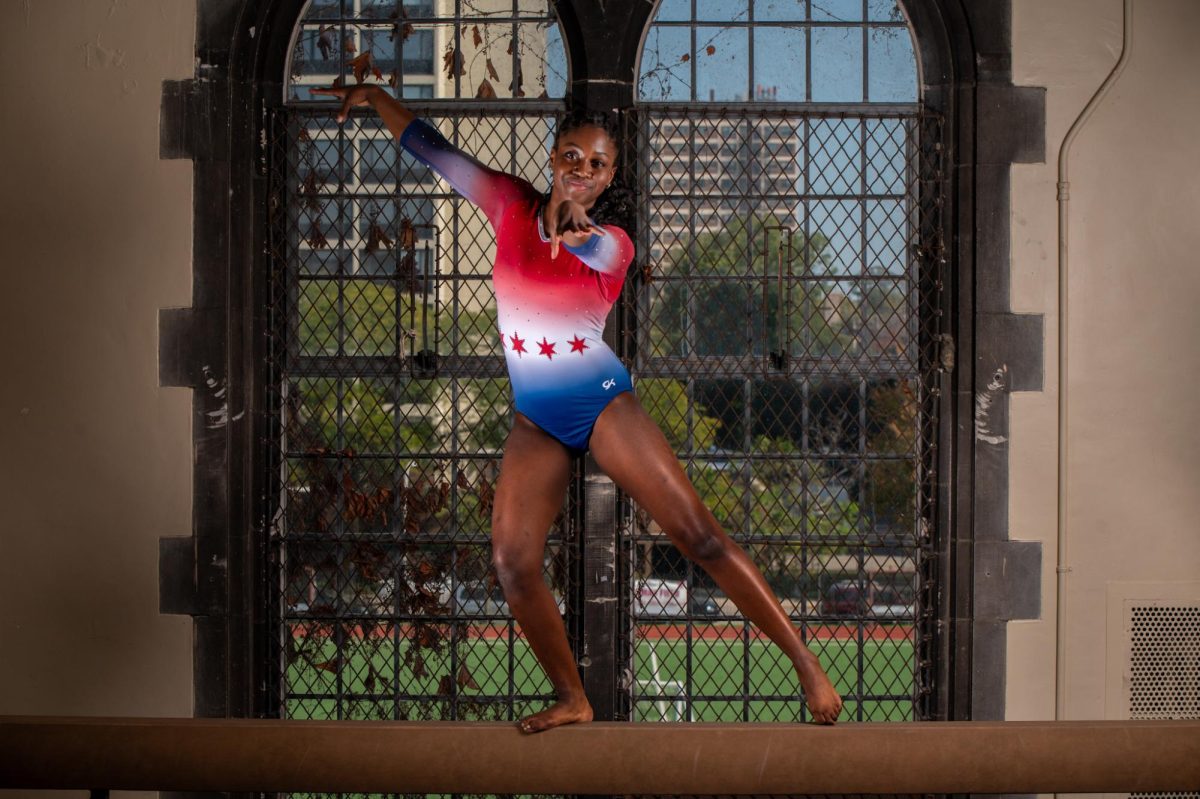
Yuli Arseniy • Dec 9, 2023 at 12:55 pm
nobody cares.
Look at the entire wikipedia about the book which details who and why they are banning it. The book even includes messages of pedophilia, refer to the “sexual imagery” section.
the bans concern themselves primarily with elementary and lower school children, and it is a pretty objective agreeable standard to exclude them from accessing pornography in their own libraries.
stop trying to connect this to “oppression of gays” when there is inherent evidence that the bans are about much more than the gayness.
the notion that “It’s ridiculous to tell people what they can and can’t read, If you don’t want to read a book, that’s fine. But you can’t tell someone else not to read a book.” is a severely misled outlook, just look at where the bans are taking place, nobody is trying to ban the books from the general population.
pretending otherwise is a dangerous narrative that enforces the exposure of pornography to the youth and withholds parents of their right to choice of education.
cut it out.